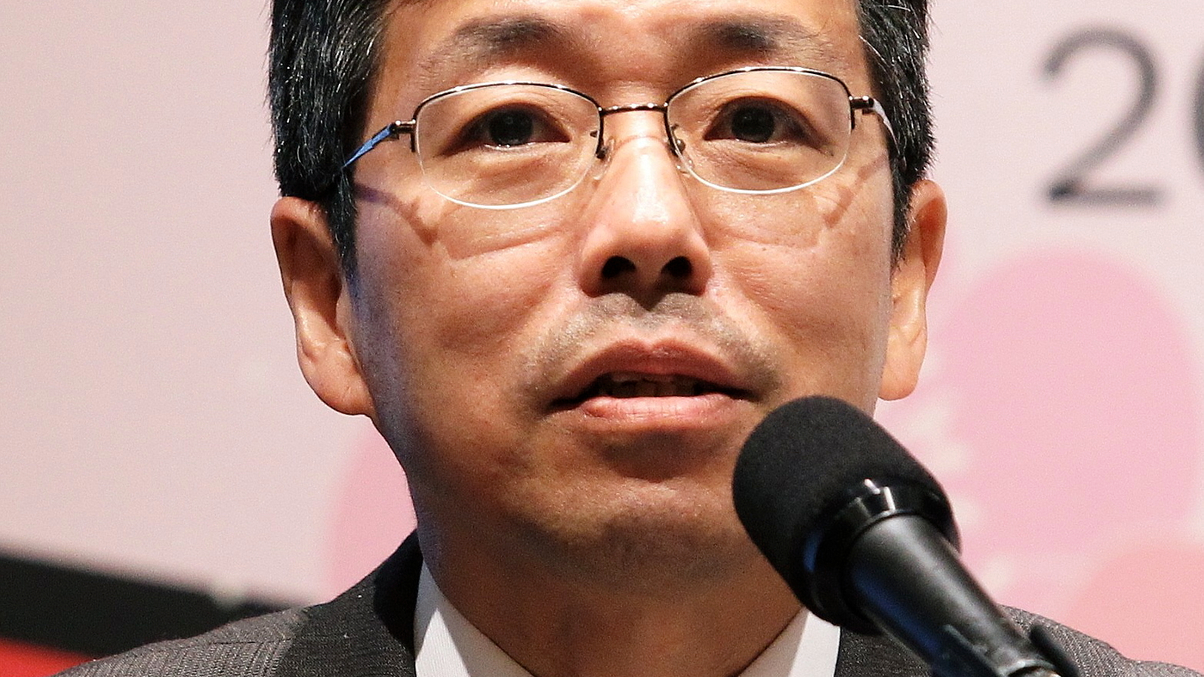Ex-BoJ official says JGB safety “relative”
Nobusuke Tamaki, a former official at Bank of Japan and Government Investment Pension Fund, says government bonds may not be as safe as believed.

Nobusuke Tamaki delivered a speech at a recent conference in Tokyo organised by AsianInvestor in which he warned the audience of pension funds and investment professionals that Japanese government bonds’ “risk-free” image was a matter of perception.
Sign in to read on!
Registered users get 2 free articles in 30 days.
Subscribers have full unlimited access to AsianInvestor
Not signed up? New users get 2 free articles per month, plus a 7-day unlimited free trial.
¬ Haymarket Media Limited. All rights reserved.


